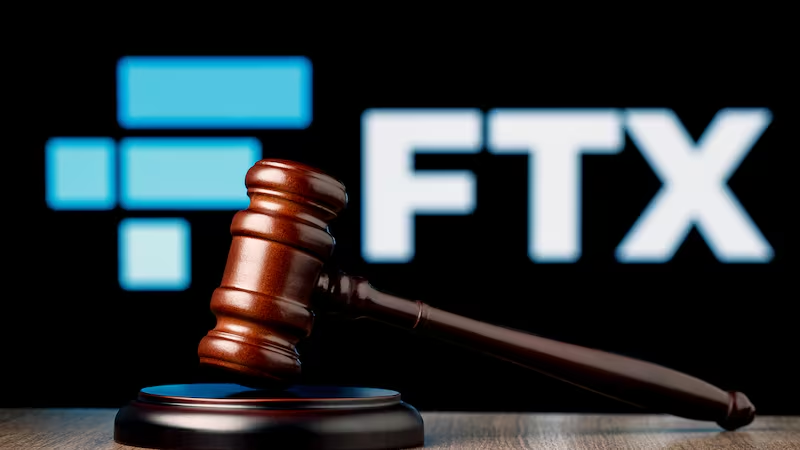- The U.S. seeks to recover $13.25 million in political donations made by former FTX executives amid ongoing legal scrutiny.
- Federal Judge Kaplan extends the deadline to January 2025 for negotiations on returning donations tied to FTX’s former leadership.
The U.S. government is stepping up its efforts to recover $13.25 million in political donations made by former FTX executives, including Nishad Singh and Sam Bankman-Fried.
As part of continuous legal investigations linked to the demise of FTX, these gifts—which were mostly routed to powerful Democratic political action organizations (PACs) such as Emily’s List/Women Vote, Senate Majority PAC, and Future Forward PAC—have come under fire.
The circumstances highlight the wider ramifications of using money obtained from companies presently involved in claimed financial misbehavior.
U.S. Gov Wants $13M In FTX Contributions Back From Democrat PACs
The feds are leaning hard on PACs to cough up $13.25M tied to former FTX players Sam Bankman-Fried and Nishad Singh.
These donations flowed into big Democrat-aligned funds like Senate Majority PAC and Future… pic.twitter.com/LhpgWWr8VD
— Mario Nawfal’s Roundtable (@RoundtableSpace) November 2, 2024
Judge Extends Deadline for Negotiations on Return of FTX Donations
Federal Judge Lewis Kaplan has granted the U.S. government an extension until January 15, 2025, therefore allowing it to negotiate with these PACs regarding reimbursed cash. This action emphasizes the difficulty in separating political donations connected to corporate financial scandals.
It is especially noteworthy as former FTX head of engineering Nishad Singh revealed he donated money at Bankman-Fried’s insistence. Singh even signed blank checks occasionally to help with these political donations, adding yet another level of complications to the matter.
Singh’s circumstances expose the nature of executive circle decision-making at FTX. Singh had already confessed guilt and helped investigators; he was sentenced to three years of probation, with time served, and ordered to make reparations of $11 billion.
It is believed that his assistance is essential in revealing the methods used to expose the behaviors resulting in the misuse of consumer money.
Some political groups have in the meantime moved to separate themselves from the contaminated gifts by either returning the money or channeling it to charitable causes. Still, there is a clear agreement on how to manage such money, which is tricky.
Political authorities who received donations from FTX executives have been under a lot of strain as a result of this revelation. While some have acted fast to atone by returning or reallocating the money, others are still debating the right line of action.
The U.S. government’s drive highlights the more general ethical and legal issues related to political contributions connected to claimed fraud and gives these negotiations more urgency.
Previously, CNF reported that FTX successfully recovered $175 million and sold BIT tokens to Mirana for $53 million, therefore securing a $228 million settlement with Bybit.






















